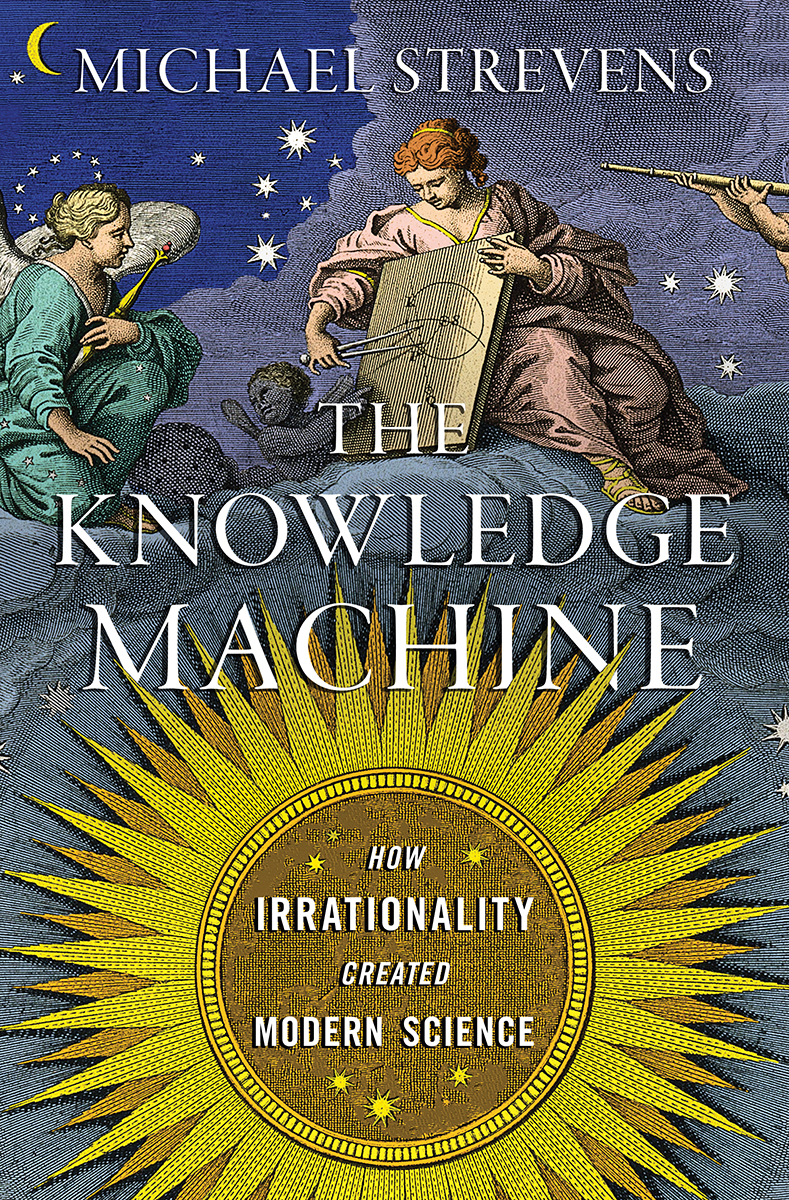What do you think?
Rate this book


368 pages, Hardcover
First published October 13, 2020
SO MUCH FOR THE old methodists, Popper and Kuhn. The new methodism proposed in ‚ÄúThe Knowledge Machine‚Ä� suggests three essential ingredients for a thriving science.In the following excerpt the author comes close to being poetic in describing the slow adoption by human civilization of science.
The first is fighting spirit. I don't mean Popper's critical spirit, scrutinizing the theoretical landscape from disinterested logical heights. What I have in mind is in far more plentiful supply: partial, self-interested ambition. Such ambition need not be low-minded; its interest in seeking out the truth and advancing human happiness may well be sincere. Nor need it be combative or mean—a great athlete can be full of grace. But it must be ready to play the game to win.
The fighting spirit must then be caged within the iron rule. The nature of the game is thus defined: from its players it will elicit the kind of evidence—arduous and expensive to produce—that hones the knowledge machine's sharp edge, and it will store that evidence securely for thinkers in the centuries ahead. The human race provides fighting spirit in abundance; the iron rule, by contrast, was hard to come by, because its demands are to all appearances contrary to reason. Indeed, as revealed by its war on theoretical beauty, they are in the fullest sense irrational. Nevertheless, the rule's dominion over all forms of inquiry into nature is now well established. "Only empirical tenting count." has come to feel normal, even rather boring.
Perhaps a little too boring. Thus, the third and last of the knowledge machine's needs, which might also be the most difficult, in our day, to satisfy. It is to leave science alone, that is, to resist the urge to tinker, to make science more current, more flexible, or, for that matter, more sensible. (p.283-284)
The Knowledge Machine opened in the darkness of prehistory. Civilization’s sun rose, bringing literature and law, temple domes and proscenium arches, and the more abstract pleasures of mathematics and philosophy. Science's sun, meanwhile, remained deep below the horizon. To one surveying the cultures of the ancient world, there was no glimmer to suggest that anything like modern science would arise. So it continued for centuries, millennia. Empires came and went; each left its enduring aesthetic and intellectual gifts to humankind, but there was no science.
At a stroke, the Scientific Revolution changed everything. Science's sun seemed to have appeared, not on the horizon, but at its zenith, as the fierce genius of Newton and his lieutenants glistered in the heavens. It burned far hotter than had even the sun of civilization. Our sultry, teeming, denatured planet is its consequence—as are our increasingly long, comfortable, amusing lives. (p.289-290)